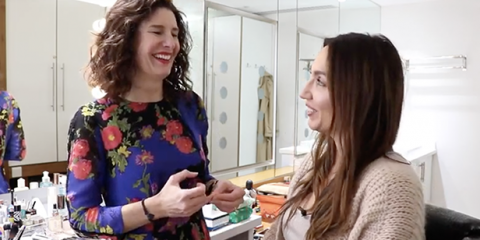Doctors have warned that thousands of people could be left with inaccurate COVID-19 test results due to the complicated nature of the kits provided for home testing.
Dr. Mohammed Abbas Khaki expressed fears that people would not be able to correctly carry out the swab tests, which he called an “uncomfortable and difficult method.”
The home testing kit requires users to swab the back of their throat for 10 seconds, before using the same tip to swab each nostril for 10 seconds.
The process has been described as “complicated” by those who have taken the test.
Referring to the throat swab, Dr. Khaki told Newsweek: “If you understand how testing is done, you can clearly see that the method needed is quite difficult to do.
“It is a very hard to reach area, the body has a natural system of getting rid of irritation. It’s quite an uncomfortable method. Something that’s uncomfortable and difficult to do is more likely not to be done properly. The results are therefore unreliable and difficult to take seriously.”
Khaki said that although he was not questioning the accuracy of the tests themselves, he was nonetheless concerned that the method would be highly difficult for many people to carry out.
He said: “Ideally you need medical professionals to do this test because they know exactly what they are looking for.”
However, Khaki said realistically it was not possible for medical professionals to carry out the test for people.
He said: “Given that almost a quarter of the National Health Service (NHS) workforce has gone down with coronavirus or is having to self-isolate, it’s impossible to get health care workers to do this test for everybody”
Dr. Khaki also said other colleagues had also expressed their fears to him that it’s difficult for people to carry out the test on their own.
He also added that language barriers would mean that the nine-page instruction booklet that is provided with the test would prove difficult to understand for those who did not speak English or who had a lower level of English proficiency.
Khaki said: “One of the things we’ve seen in this crisis is the importance of addressing health inequalities and one of the issues is access to literature and information.
“It’s really important we look at how we provide things in the right language and in the right material.
“The images provided are indicative of what you are meant to do but a nine-page document is hard for anyone to read and understand and fully grasp what they’re meant to do.”
Dr. Larisa Corda, who has been working on the frontline in the battle against COVID-19 in intensive care units, also expressed her fears that not only home tests but the tests for the virus more generally were not “100 per cent accurate” which could lead to devastating consequences.
Read the full article here.












































